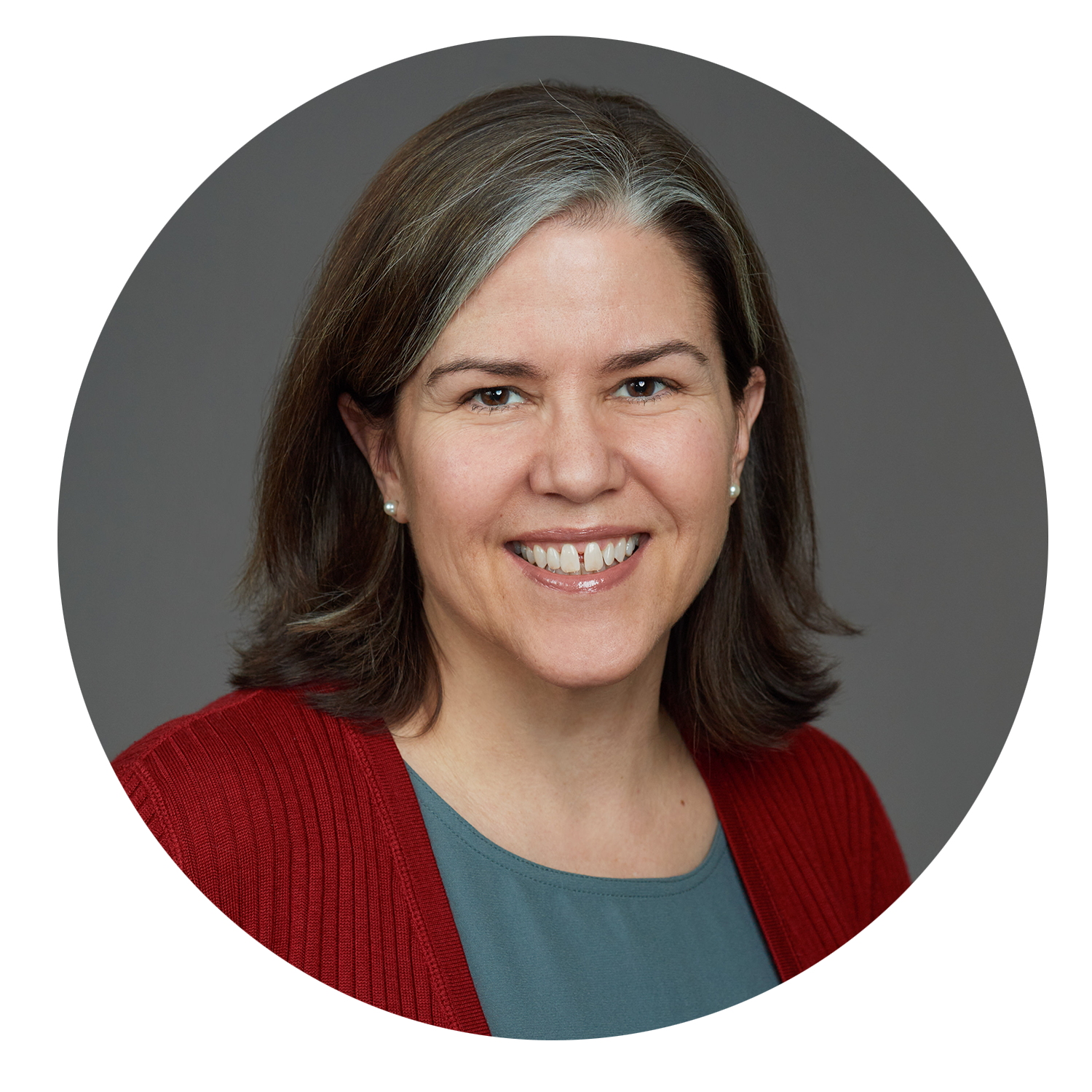|
 Dear RE:source Reader, Dear RE:source Reader,
Last month, we launched RE:source to share stories from the RAC collections that show how philanthropy has shaped the world we live in today -- episodes from history that matter for the present, stories that invite engagement and connection across fields and institutions. In recent weeks, we have added to our growing body of work focused on race and social justice with a piece on the Rockefeller Foundation’s partnership with civil rights activist Ted Watkins. In case you missed them, other stories analyze philanthropic attempts to tackle school desegregation and inequality.
Some of our stories are more about the inner workings of philanthropy itself, like the piece on investment philanthropy or the one about working amidst civil war and violent conflict. We brought forward stories like the one on John D. Rockefeller’s free gift of life-saving insulin when that drug was first developed, and created a cluster of stories about the long legacy of philanthropic work in public health. You may have noticed that we present stories in a variety of formats, from timelines, like our piece on World War I, to photo-essays, longer-form essays, and “In Brief” snippets, like the one on urban activist Jane Jacobs.
Fifty years ago this month, the Tax Reform Act of 1969 regulated US private foundations to an unprecedented degree. Viewed by some with apprehension, for better or worse, the restrictions and requirements of the Act have been woven into the fabric of foundation activity ever since. This week, in recognition of the Act’s anniversary, we have published a look back at the lead-up to that pivotal moment. It seems fitting to reach out to you, our readers, as we publish a piece focused on what was, at the time, a new demand for transparency from the sector. We hope that RE:source will provide its own kind of transparency for the vast record of activity that the sector continues to amass.
Warm wishes for the upcoming New Year! We look forward to building our relationship with you, our readers, as 2020 unfolds.
Sincerely,

Barb Shubinski, Ph.D.
Director or Research and Education
Rockefeller Archive Center
|







 Dear RE:source Reader,
Dear RE:source Reader,
 Arts and Entertainment
Arts and Entertainment Business and Industry
Business and Industry Computer and Electronics
Computer and Electronics Games
Games Health
Health Internet and Telecom
Internet and Telecom Shopping
Shopping Sports
Sports Travel
Travel More
More